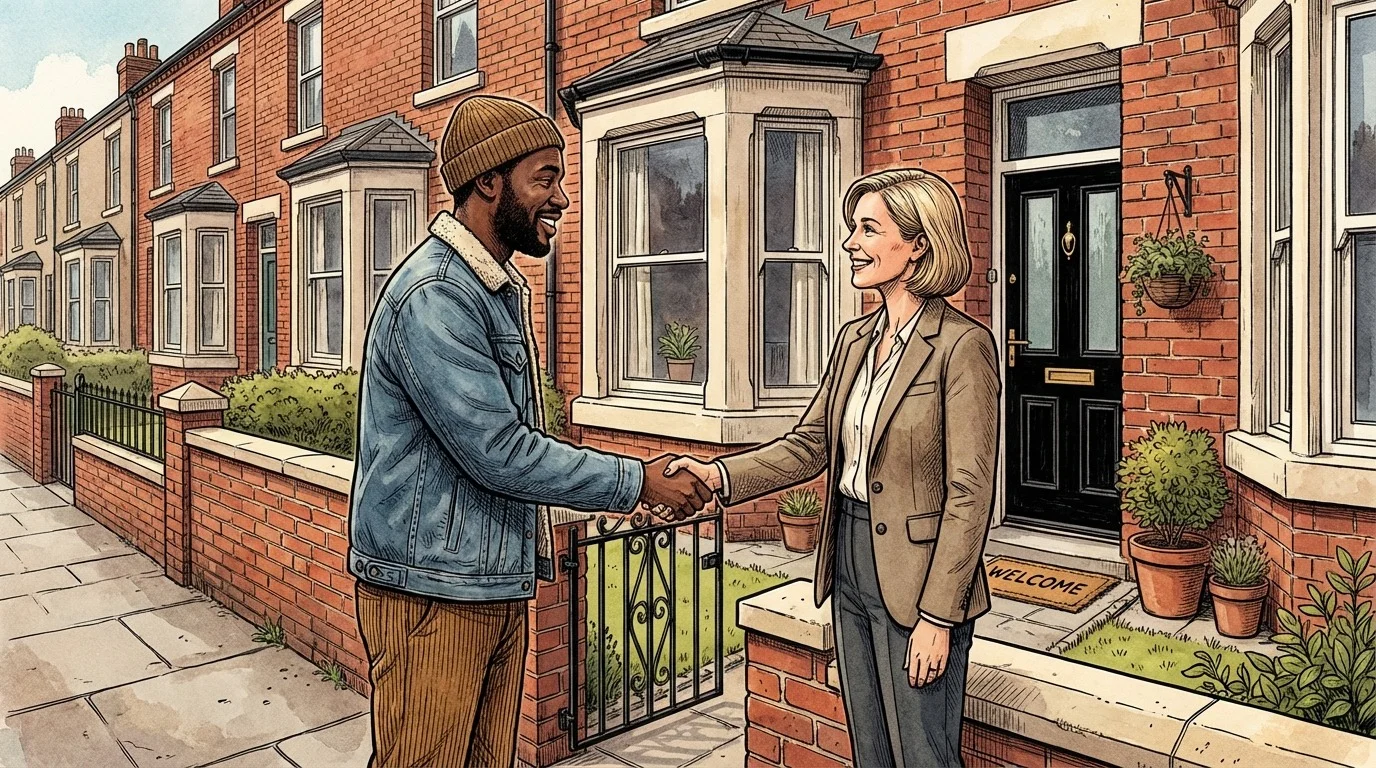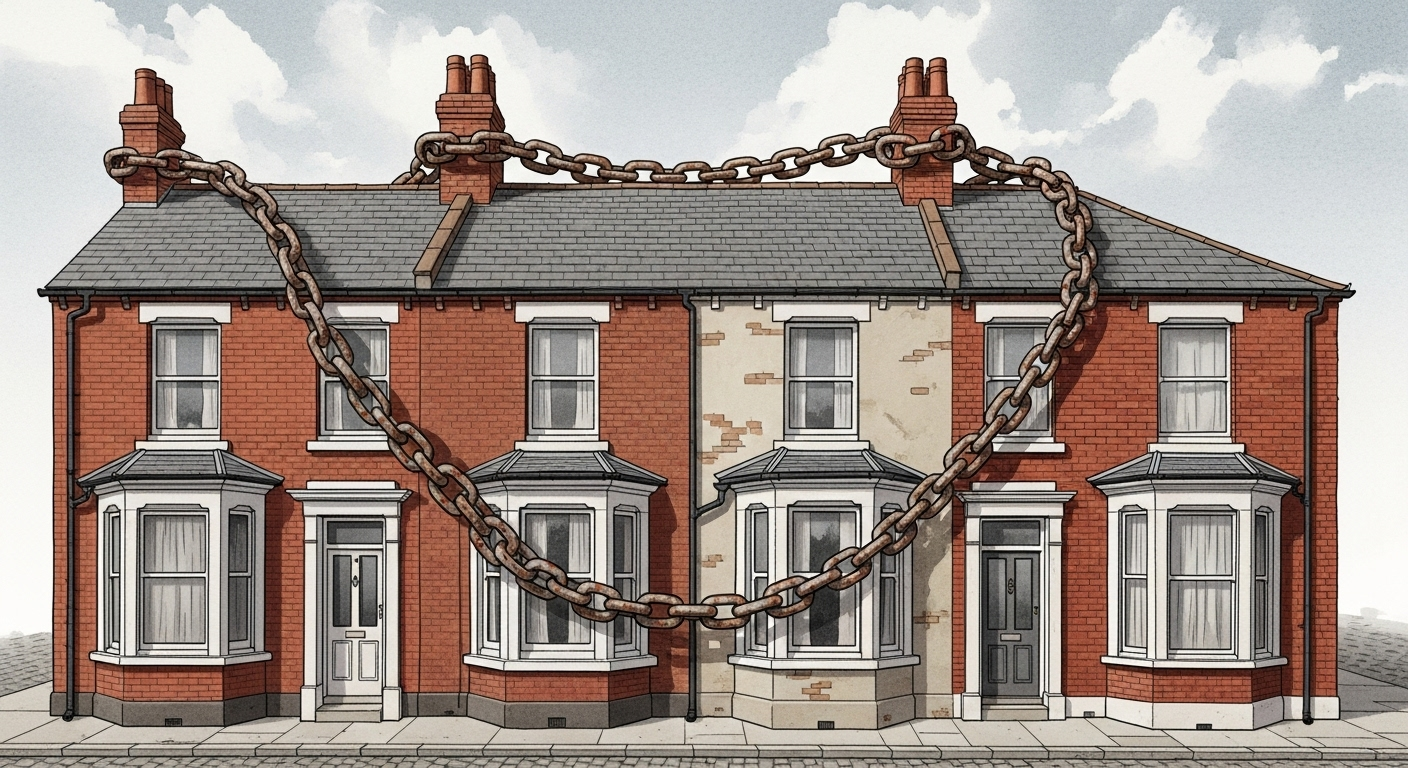Blog
Guide

Helping your child to buy a home
Helping your children and grandchildren to buy their first home is a dream for many parents in the UK. If you are fortunate enough to be able to help your children now is the perfect time to start! Recent news indicates that children are living with their parents for longer than previous generations and new figures indicate that ‘the average single first-time buyer needs to save for 17 years to raise a 15% deposit for their first home in London.’ (Sky News, 2018).
The good news is that there are a number of options available to parents and grandparents looking to help their children.
Joint mortgages
Taking out a joint mortgage with your child is one option. Everybody named on the joint mortgage is responsible for keeping up with repayments. It’s important to remember that your child can still be the sole proprietor of the home this is known as a ‘joint borrower, sole proprietor mortgage. In theory as more money is accrued by your child and yourself for the mortgage the better the choice of deals and providers that will be available such as lower interest mortgages. Bear in mind that your credit report will show that you have a financial association with your child/grandchild along with any other people on the joint mortgage.
Helping with a deposit
Secured loans can be taken out in order to raise money for a deposit. The term ‘secured’ refers to the fact that lenders will need something back if you can no longer keep up with repayments. This is often a house. These can be used when needing more money than an unsecured loan provides.
Equity release allows the value of your property to be taken out in cash this can usually be done in either a lump sum or a series of payments with interest charges either fixed or capped. This works in a similar way to traditional mortgages as you pay back the amount borrowed along with interest charges.
Another version of equity release known as a ‘home reversion plan’ allows you to sell part of your property in exchange for a below market value cash sum. This is interest free however, it’s important to remember that when you sell or pass on your property you won’t own the part you sold and therefore won’t get that part of the property’s value.
Having a family savings account in which other members of the family can contribute could be a simple way to raise the cash needed if you have lots of generous family members. Using a Help to buy scheme ISA, mortgage or equity loan could also be useful for your children to start saving money for their deposit.
Joint ownership
Owning a home with your children or grandchildren can be done in two ways either as joint tenants or tenants in common. They have some key differences, which are worth understanding before entering into joint ownership.
Joint tenants have the same rights to the property and no definable percentage ownership. The owners cannot pass on the property in their will. In the event of one owner passing away their percentage will go to the remaining owner.
Tenants in common can own an agreed upon percentage share of the property. The owners can pass on their percentage in a will therefore the ownership doesn’t necessarily go to the other owner.
Gifts and Loans
Perhaps the easiest option is to give them the money as a gift (beware of the inheritance tax repercussions) or simply as a loan. This will help them to meet the criteria for a deposit on their first home.
Acting as a guarantor
A slightly riskier option is becoming a guarantor on their mortgage. However, if your child loses their job or is put in a position where they can’t keep up with repayments then you become liable for the debt.
For legal conveyancing advice on joint purchases please get in touch.
Disclaimer
The materials on this website do not constitute legal advice and are provided for general information only. Whether express or implied, no warranty is given concerning such materials. We shall not be liable for any technical, editorial, typographical, or other errors or omissions within the information provided on this website, nor shall we be responsible for the content of any web images or information linked to this website.
The information contained in this article does not constitute financial advice or recommendation and should not be considered as such. Arrow conveyancing does not offer financial advice and is not regulated by the Financial Conduct Authority (FCA), the authors of this article are not financial advisors and are therefore not authorised to offer financial advice.
Published on :
December 8, 2024










.png)





